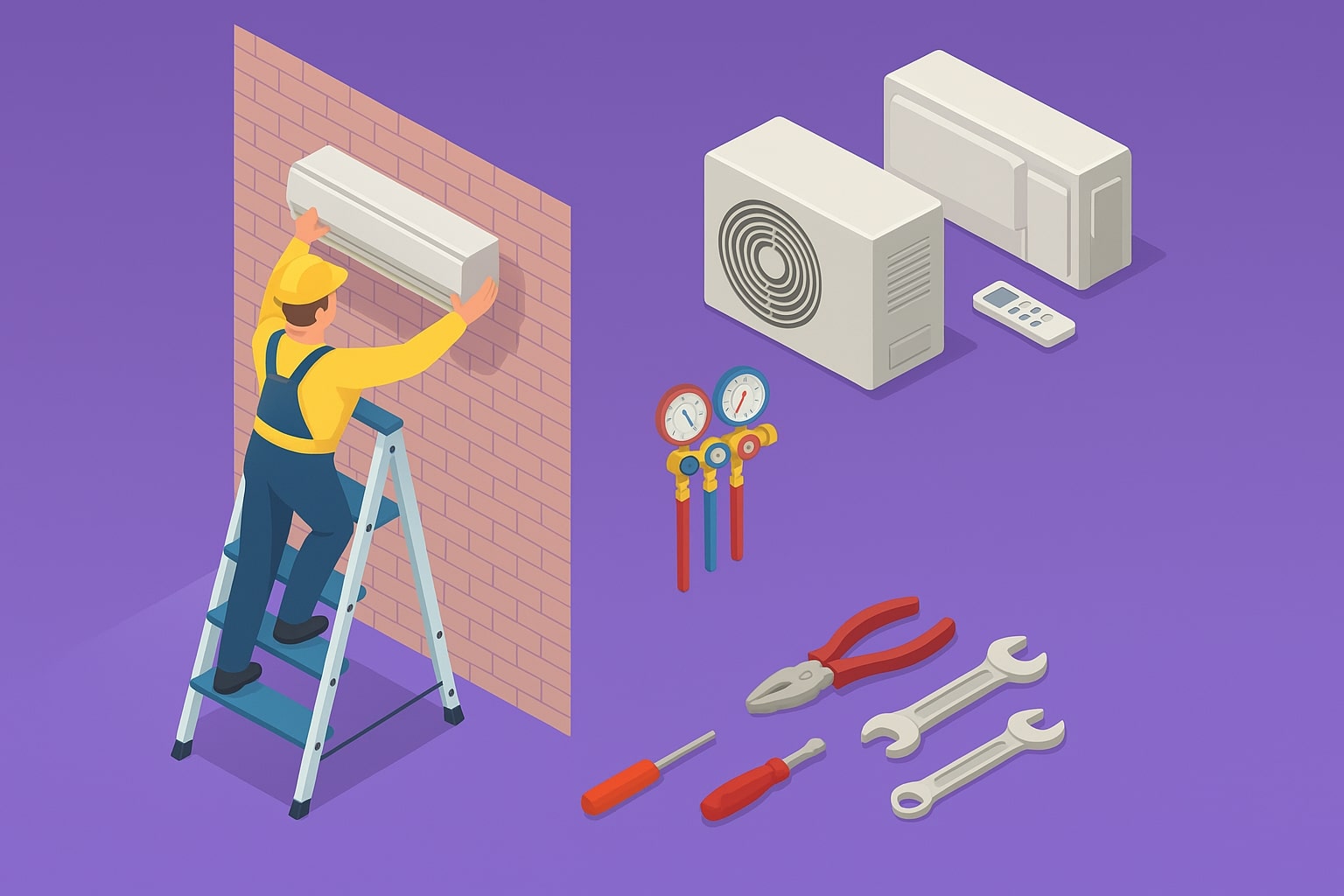
How to Value a Heating and Air Conditioning Business + 15 Factors to Increase Value
Whether you're ready to sell your HVAC business or just assessing its worth, we break down valuation methods and key factors that can increase its value.
Here is a question for corporate finance executives seeking either growth capital or ownership transition: Do you know your EBITDA number?
It’s the first question I ask a company’s CFO or treasurer after understanding his/her financing objectives. EBITDA is the accounting abbreviation for Earning Before Interest, Taxes, Depreciation, and Amortization. It’s calculated from income statement items just as the name dictates. (For more, check out this post).
Why is EBITDA so important in today’s market? It’s the standard benchmark that’s used in a variety of important calculations. EBITDA can help you determine:
Once you know what your EBITDA is today, you need to consider where it is headed. While your future EBITDA isn’t as important to investors as your metric today, they’ll be interested in your outlook and will consider that in answering any of the questions above. More importantly, it will allow you to plan for that future sale or capital raise. Preparation is key to a successful financing. Plus, forecasted EBITDA can also help business owners develop a strategy for further growth.
